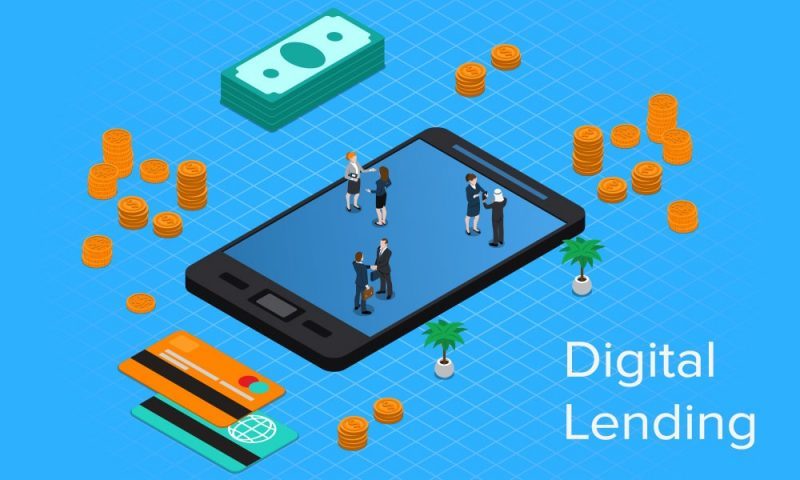Introduction to Personal Loans
What are Personal Loans?
Personal loans are financial tools that allow individuals to borrow a specific amount of money from a bank, credit union, or online lender. Unlike mortgages or auto loans, personal loans are unsecured, meaning they don’t require collateral. Instead, lenders evaluate borrowers based on their creditworthiness.
Why are Personal Loans Useful?
Ever found yourself in a situation where you needed extra funds for home renovations, medical emergencies, or consolidating debt? Personal loans can be a lifesaver! They offer flexibility in terms of usage and repayment, making them a popular choice among consumers.

Understanding Eligibility Criteria
Credit Score Requirements
Your credit score plays a pivotal role in determining your eligibility for a personal loan. A higher credit score indicates a history of responsible borrowing, making you more attractive to lenders. However, even if you have a less-than-perfect credit score, some lenders specialize in catering to individuals with varying credit profiles.
Income and Employment Verification
Lenders need assurance that you have the means to repay the loan. As such, they often require proof of stable income and employment. This could include recent pay stubs, tax returns, or bank statements. By verifying your income, lenders mitigate the risk associated with lending money.
Application Process Step-by-Step
Researching Lenders
Before diving into the application process, it’s essential to research various lenders to find the best fit for your needs. Compare interest rates, terms, and customer reviews to make an informed decision.
Preparing Necessary Documents
Gather all required documents, such as identification, proof of income, and employment verification. Having these documents readily available streamlines the application process and increases your chances of approval.
Filling Out the Application
Once you’ve selected a lender and gathered the necessary documents, it’s time to fill out the application. Be honest and accurate when providing information, as any discrepancies could delay the approval process or result in denial.

Factors Influencing Loan Approval
Debt-to-Income Ratio
Lenders assess your debt-to-income ratio to determine your ability to manage additional debt responsibly. A lower ratio indicates that you have sufficient income relative to your existing obligations, making you a more favorable candidate for approval.
Loan Amount and Term
The amount you borrow and the repayment term also influence loan approval. Lenders evaluate the purpose of the loan, your creditworthiness, and repayment capacity before determining the loan amount and term. Be realistic about your needs and repayment ability to secure favorable terms.
Common Pitfalls to Avoid
Hidden Fees
While personal loans offer financial flexibility, it’s crucial to read the fine print. Beware of hidden fees, such as origination fees, prepayment penalties, or late payment fees. Understanding the terms and conditions upfront helps you avoid unexpected costs.
High-Interest Rates
Interest rates vary depending on your creditworthiness and the lender’s policies. Be cautious of lenders offering excessively high-interest rates, as this could result in significant long-term costs. Compare rates and terms to find the most affordable option for your financial situation.

Conclusion
Navigating the world of personal loans can seem daunting, but understanding the eligibility criteria and application process simplifies the journey. By focusing on creditworthiness, income verification, and responsible borrowing practices, you can secure a personal loan that meets your needs without breaking the bank.
FAQs
- What is the minimum credit score required for a personal loan?
- How long does the personal loan approval process take?
- Can I use a personal loan for debt consolidation?
- What factors affect the interest rate on a personal loan?
- Are there any alternatives to personal loans for borrowing money?




